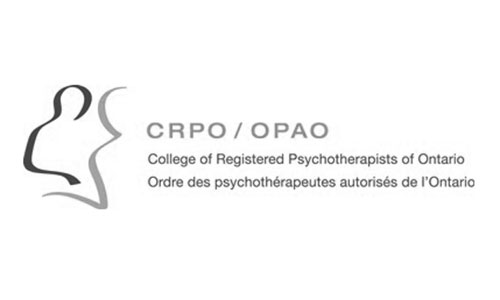Psychotherapy
What it is and how you can benefit from it
WHAT IS PSYCHOTHERAPY?
Psychotherapy offers support to explore and resolve life’s struggles.
The conversations you will have during your psychotherapy sessions will help you gain new insights and perspectives on what is troubling you. You can also expect to develop more effective coping mechanisms to manage your emotions.
Ultimately, psychotherapy will help you overcome life’s obstacles and support your personal growth.
WHO USES PSYCHOTHERAPY?
People of all walks of life have worked with Manon. She works from the premise that everyone has the potential to develop insight and self-awareness and transform their life. Her experience is that psychotherapy leaves the person stronger and more resilient.
When one chooses to ignore the impact of disruptive and hurtful events in their life, it often finds a way of surfacing at unexpected moments causing us to experience emotional and/or physical distress. Psychotherapy/counselling is a process by which one uncovers the source of their distress and heals it.
Individuals who are struggling with past or present life situations such as depression, anxiety, stress in the workplace, a health crisis, childhood abuse/ neglect, separation/divorce, domestic violence, conflict, grief, difficulties managing emotions (sadness, fear, anger, shame, resentment, etc) would benefit from consulting a psychotherapist.




